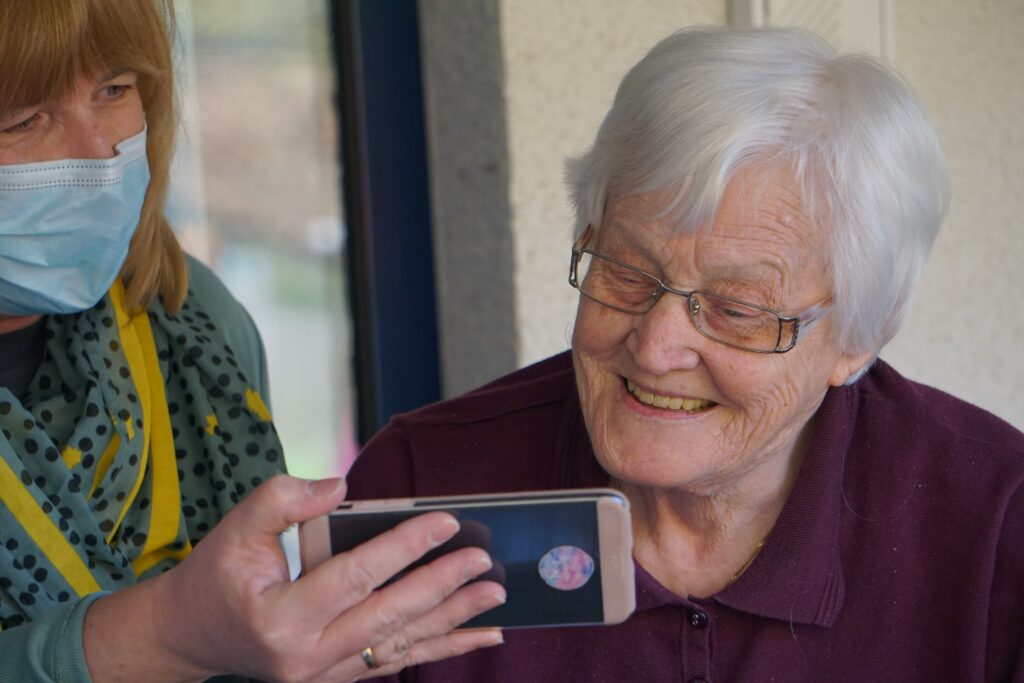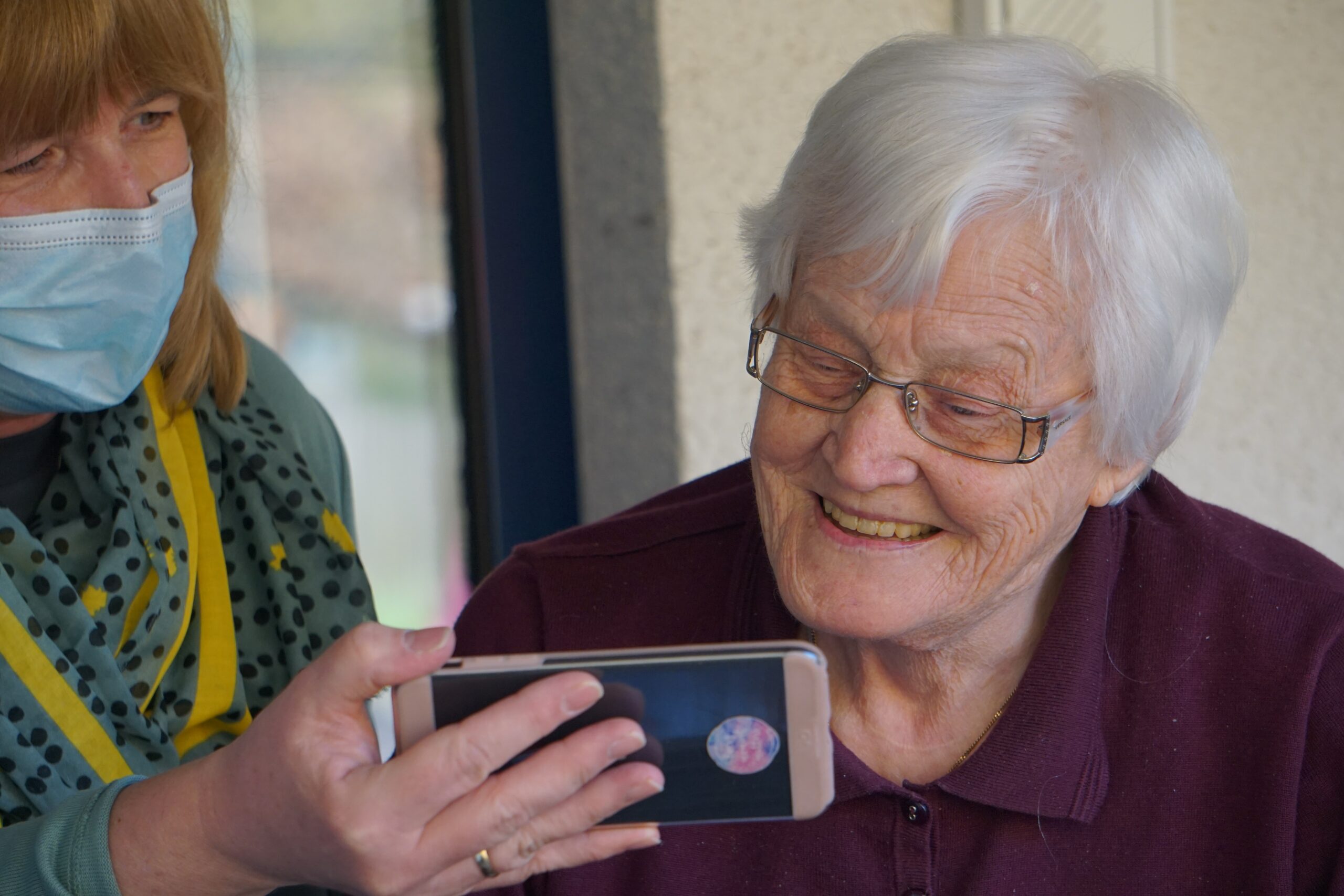
No. You cannot refuse to care for an elderly parent.
For starters, just recognize that such a moment has arrived—an opportunity.
Feel it. Breathe out.
You have some legitimate questions, and thinking about the answers, or possible answers, is okay.
Numerous sources refer to the staggering cost of unpaid caregiving in the United States. One source describes an annual financial burden of approximately $250 billion. In a 2019 statement before the United States Senate’s Special Committee on Aging, Lance Robertson reported an estimated unpaid yearly cost of $522 billion.
Filial responsibility laws describe an adult child’s legal responsibility for an elderly parent. Laws vary from place to place, but they don’t even come close to answering other questions around this critical topic.
- What should adult children do about caring for an elderly parent?
- What are the long-term implications of choosing one option or another?
- What are the social, moral, and ethical obligations?
- What are the demands of your culture?
- Why do elders refuse help?
Given the financial burden associated with caring for an elderly parent and the related lifestyle complications, are adult children really interested in caring for the elderly?
Some adult children will feel trapped when caring for an elderly parent. As an adult child of an elderly parent, you may feel as if you are just hitting your stride, finally realizing your financial and career goals. Drastic changes to your routine may cause you to feel as if you are giving up your life to care for an elderly parent.
Understanding elderly care choices and their long-term implications can help to keep you from feeling as if you are walking away from an elderly parent.
Fortunately, adult children are interested in taking care of the elderly. If eldercare is new to you, know that support groups exist. Within your community and your culture, you will find people ready to help.
For some elderly parents, aging in place might be the best option. The familiar setting of the home makes this choice attractive for many elderly parents needing care. Still, it may be misinterpreted as a refusal of help.
Don’t be discouraged.
For aging in place to work, considerations involve assessing needs such as meals, health care, chores, and transportation. Supports for choosing this option include tools and technology to simplify duties and monitor health status. Increased supports for this option might consist of scheduled visits from adult children or professionals. Sometimes, a professional caregiver might live on location with the elderly parent.
Support groups can help you make the right elder care choices addressing everyday economic, social, and mental needs. Please note that an elderly parent choosing to age in place might be at risk of neglect if appropriate levels of support are not provided. It is never morally okay to abandon an elderly parent to their own devices when a fair assessment of the situation indicates the need for supports.
To a large degree, you must decide what your ethics will tolerate regarding care for your elderly parent.
The article “How to Understand Caregiving Roles” helps clarify your role as a caregiver for your elderly parent. Whatever your part is, be confident that you will not be forced to care for your elderly parent alone.
You choose the level of support you need. Zemplee exists to honor and facilitate your decisions. Zemplee works with senior living facilities, doctors, providers, and families to coordinate and optimize elderly care services.
Contact Zemplee now to get the optimized support you need.
Photo by Georg Arthur Pflueger on Unsplash


